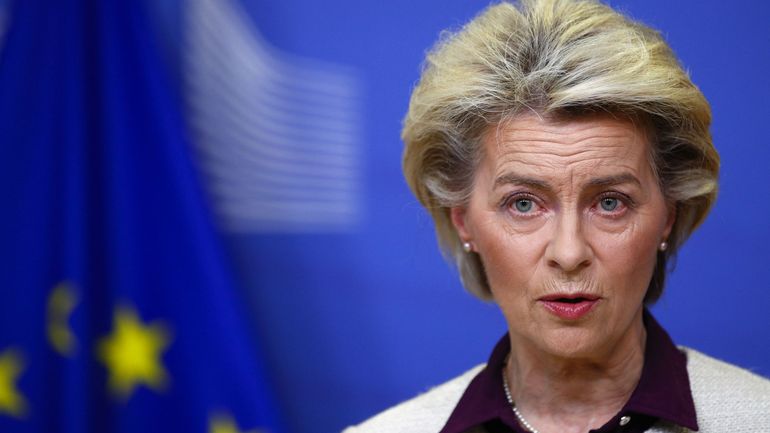EU Member States have officially agreed on the fifth set of sanctions for Russia, mainly targeting coal imports from the country, in response to the massacre of civilians in Bucha and elsewhere.
The new sanctions include a coal embargo, which could cost Russia €4 billion per year, but fall short on gas imports. However, it is the first time the EU imposed sanctions on the energy sector, as many Member States were hesitant given their energy dependency on Russia.
As gas and oil will still be imported from Russia, billions of euros continue to flow from Europe to Moscow, supporting the country’s war efforts. The Baltic States and Poland have been pushing for independence from Russia, with Lithuania being the first European country to fully close the gas tap.
Related News
- Russia suspended as member of UN Human Rights Council
- ‘Hitler destroyed my childhood, Putin my old age’: Elderly women in Ukraine
- WHO provides medical aid to Ukraine amid attacks against the health care system
The sanctions also include an import ban on wood, vodka, and other products worth €10 billion, a complete ban on transactions with four Russian banks, and new sanctions against oligarchs and others associated with Russia’s invasion of Ukraine.
On top of that, Russian ships are no longer allowed to dock in European ports, and both Russian and Belarusian road haulers are banned.
Von der Leyen on her way
Meanwhile, European Commission President Ursula von der Leyen and EU foreign affairs chief Josep Borrell are on the train from Poland to Kyiv on Friday morning. The pair will meet Ukrainian President Volodymyr Zelenskyy in the country’s capital.
Von der Leyen will be the first Western leader to travel to the country since the Bucha massacre was witnessed last weekend, and it will be her first visit to Kyiv since Russia invaded Ukraine on 24 February.
Last week, President of the European Parliament Roberta Metsola visited Kyiv to meet with Zelenskyy, while Prime Ministers of Poland, Slovenia and the Czech Republic have also travelled to the capital to show their support for Ukraine’s resistance against the Russian invasion.

